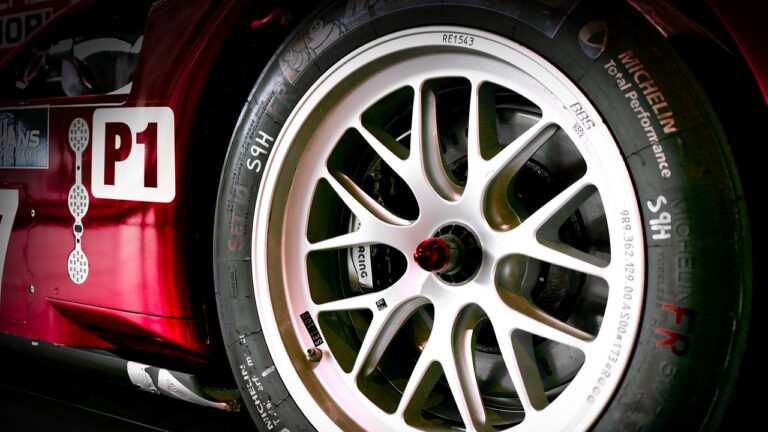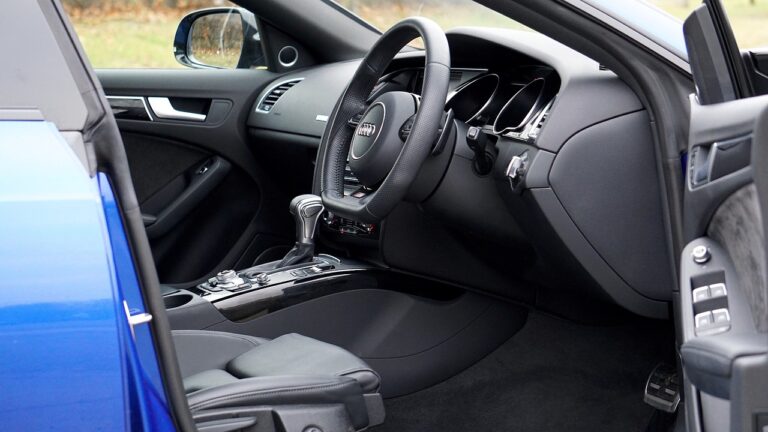Analyzing the Role of Digital Twin Technology in Optimizing Auto Recycling Operations: Allexch login app, 99 exch, All panel login
allexch login app, 99 exch, all panel login: In recent years, the automotive industry has been undergoing a significant transformation with the rise of digital twin technology. This innovative concept has been making waves in various sectors, including auto recycling operations. By creating a digital replica of physical assets, processes, and systems, digital twins offer a powerful tool for optimizing efficiency, reducing costs, and improving sustainability in the auto recycling sector.
Analyzing the Role of Digital Twin Technology in Optimizing Auto Recycling Operations
In this article, we will delve into the world of digital twin technology and explore its potential impact on auto recycling operations. From enhancing inventory management to streamlining production processes, digital twin technology has the potential to revolutionize the way auto recyclers operate.
Understanding Digital Twin Technology
Before we dive into the specifics of how digital twin technology can optimize auto recycling operations, let’s first explore what digital twins are and how they work.
A digital twin is a virtual representation of a physical asset, process, or system. It is created by collecting real-time data from sensors, IoT devices, and other sources and using advanced analytics and modeling techniques to create a digital replica. This virtual counterpart allows for monitoring, analyzing, and simulating the performance of the physical asset in a digital environment.
The Role of Digital Twin Technology in Auto Recycling Operations
Now that we have a basic understanding of digital twin technology, let’s examine how it can be leveraged to optimize auto recycling operations.
1. Inventory Management
One of the key challenges in auto recycling operations is managing inventory effectively. With a large number of vehicles coming in for recycling, it can be challenging to keep track of parts, components, and materials. Digital twin technology can help address this issue by providing a real-time view of inventory levels, locations, and condition. By tracking inventory through a digital twin, auto recyclers can improve accuracy, reduce waste, and optimize storage space.
2. Predictive Maintenance
Maintaining equipment and machinery is crucial for smooth operations in auto recycling facilities. Digital twin technology can enable predictive maintenance by monitoring the performance of machines in real-time and predicting potential failures before they occur. By identifying issues early, auto recyclers can schedule maintenance proactively, minimize downtime, and extend the lifespan of equipment.
3. Process Optimization
Digital twins can also optimize production processes in auto recycling operations. By simulating different scenarios and workflows, auto recyclers can identify bottlenecks, inefficiencies, and opportunities for improvement. With a digital twin, operators can test new processes, evaluate the impact of changes, and optimize resource utilization to increase efficiency and reduce costs.
4. Quality Control
Ensuring the quality of recycled materials is essential for meeting regulatory requirements and customer expectations. Digital twin technology can support quality control efforts by monitoring the condition of materials throughout the recycling process. By tracking material properties, compositions, and characteristics in real-time, auto recyclers can identify defects, deviations, or impurities and take corrective actions to maintain quality standards.
5. Environmental Impact
Sustainability is a key concern in the auto recycling industry, with increasing focus on reducing waste, conserving resources, and minimizing environmental impact. Digital twin technology can help auto recyclers track and analyze energy consumption, emissions, and waste generation to optimize operations and minimize their carbon footprint. By visualizing environmental data through a digital twin, auto recyclers can identify opportunities for improvement, implement eco-friendly practices, and enhance their sustainability performance.
6. Data Analytics
Data is at the heart of digital twin technology, providing the foundation for monitoring, analyzing, and optimizing auto recycling operations. By collecting and analyzing data from various sources, including sensors, machines, and systems, auto recyclers can gain valuable insights into their processes, performance, and trends. Digital twins enable data-driven decision-making, empowering auto recyclers to identify patterns, correlations, and opportunities for improvement that would otherwise go unnoticed.
FAQs
Q: What are the benefits of using digital twin technology in auto recycling operations?
A: Digital twin technology offers numerous benefits, including improved inventory management, predictive maintenance, process optimization, quality control, environmental impact assessment, and data analytics.
Q: How does digital twin technology work?
A: Digital twin technology creates a virtual replica of physical assets, processes, or systems by collecting real-time data, using advanced analytics and modeling techniques, and enabling monitoring, analysis, and simulation in a digital environment.
Q: What are some examples of digital twin applications in the auto recycling industry?
A: Digital twins can be used for inventory management, predictive maintenance, process optimization, quality control, environmental impact assessment, and data analytics in auto recycling operations.
Q: How can auto recyclers implement digital twin technology in their operations?
A: Auto recyclers can implement digital twin technology by investing in sensors, IoT devices, data analytics tools, and simulation software, and integrating these technologies into their existing processes and systems.
Q: What are the challenges of adopting digital twin technology in auto recycling operations?
A: Some challenges of adopting digital twin technology in auto recycling operations include initial investment costs, data integration complexities, cybersecurity risks, and training requirements for staff.
In conclusion, digital twin technology holds great promise for optimizing auto recycling operations by enhancing inventory management, predictive maintenance, process optimization, quality control, environmental impact assessment, and data analytics. By leveraging the power of digital twins, auto recyclers can improve efficiency, reduce costs, and enhance sustainability in a rapidly evolving industry.







